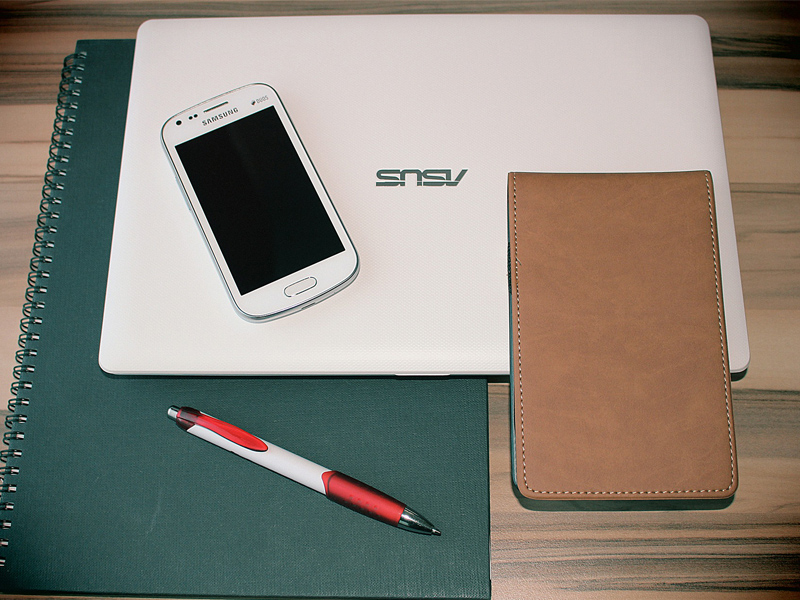Currently Empty: UGX 0

Where are you with your finances —your financial snapshot. Part 1, budgeting explained, why it matters, and the common myths of budgeting. It provided guidance of what you need to be alert of in your budgeting.
Now part 2 pays attention to understanding how your current financial (money) situation sets pace for your budgeting. Think of it from the perspective of how you stand financially or money wise right now. This is in regards to income, expenses, assets, liabilities and net worth. Budgeting can be simple if you get these basics right.
Step1. Start off with income
What are the sources of your income (paycheck(s) and how do they get into your pockets or bank account. Your appreciation of how much money comes in and from which source, when and how often is fundamental. This helps you to really appreciate what you are working with to guide your budgeting.
Your pay check sources — can be from salary, business, investments, allowances, donations and any other income. The way you spend money from a particular source of income significantly varies from another source. For instance, how you spend money from salary varies from how you spend money from business, allowance, gift or donation. It is largely due to how it is earned. This differentiation causes efficiencies or inefficiencies in how you use your money. Gifted money may easily be spent. You may have seen it more with inheritance money, most beneficiaries easily spend and finish it in a short time. The same applies to how allowances, gifts and such related income is consumed.
So, you have to give all your income same treatment, care and discipline. You have to track all your income to specifics and respect each source. Each source contributes to your better financial well-being. How you track and manage your income determines you will fare with your money. The biggest challenge with our money is not low income or low pay. Anyone who dares say this, is almost stoned. If the key was low income then you would not find many high income earners financially insecure. This leads us to the next step.
Step 2. How do you commit and spend on that income (money)
Shefik Tallmadge won US$ 6.7 million. Guess what he lost every coin of it. This is what he said: “I got enough money to get me into trouble, but not enough to make me rich. I made some mistakes—very, very expensive mistakes.” Hash reality isn’t it? How you commit and spend your money plays a key role in how you financially fair.
I personally got messed up with the first few months salary. It used to get finished by 15th of the new month and was challenged with survival. I recalled what my late mum used to do. She used to separate money for various expense categories. She had 3 bags, one routine expenses, the other for fees and the other for tithe. Full story in 9-Pillars to Exploit your Potential ebook. So, I realized, that until I budgeted for what I was earning and use it well, I would remain financially messed up. The message here is that you have to control, regulate, monitor and check how you commit and spend your money.
Step 3. Assess your assets
The biggest asset you have is “YOU”. How are you using this resource? Look at other assets, land, business, and so forth. Understand your assets and plan how to make them more productive and enjoyable.
Begin with yourself, are you a valuable asset. Look at other assets the way you look at your bank account. You can make a deposit or withdraw any time you want. So, you can increase or decrease your assets.
Get some financial literacy, learn how to create value, budget, save, and invest. You will gradually start to see that these are not foreign words and you can put them into action.
Step 4. Understand your liabilities
Liabilities are debts, in other words, the money you owe others. It can be short term or long term debts. Check how you stand in regards to liabilities.
Find out, how did they arise, what were they for and what plan do you have to settle them. Include the plan to settle them in the budget.
Step 5. Appreciate your net worth
What are you worth ? This is the total value of everything you own (assets) minus the total value of what owe others (liabilities). This is a very good baseline to know how stand.
We go through this process, during the financial coaching sessions, some people do not believe their own financial net worth. Some people are shocked that their situation is soo bad while others are performing well.
Conclusion
Pay attention to how you earn in view of creating more value. How you commit and spend in view of taking charge of your money. Appreciate your assets, they are like a bank account, you can make a deposit or withdraw from it. You will start to see how a budget supports you to make improvements in your financial life.



